Update time : 2021-11-15 Publisher:Tongda
Why microbial fertilizer? Microbial fertilizers are used to supplement the soil with beneficial microorganisms. So we know the role of microorganisms will naturally understand the importance of using microbial fertilizer!
Microorganisms are all invisible or invisible to the naked eye tiny organisms, individual tiny, simple structure, usually with light microscope and electron microscope put about 1000 times to see, but also some microorganisms can be seen by the naked eye, like mushrooms, ganoderma lucidum and other fungi. Microorganisms in all shapes and sizes, they exist in their own unique way for their own survival and reproduction. You may never see a microbe, but do you know how milk goes bad? How is wine made? How is the food digested and absorbed? How did the stubble in the field change beyond recognition, or even disappear? It's all thanks to microbes.
There are more kinds of microorganisms in soil, including bacteria, fungi, actinomycetes, algae and protozoa. And there are a lot of them, hundreds of millions to tens of billions of them per gram of soil. Most soil microorganisms are beneficial to crop growth and development. They have a significant impact on the formation and development of soil, material cycling and fertility evolution. Of course, there are some pathogenic microorganisms that people do not like. What are the roles of microorganisms in the soil?
1. Soil microorganisms can form soil structure
Soil is not only the simple combination of soil particles and fertilizer, as active constituent of soil, soil microbe in the process of their lives, through the metabolic activity of the exchange of oxygen and carbon dioxide, as well as the secretion of organic acids help soil particles to form large granular structure, finally formed in the true sense of the soil. Soil microbial flora composition, biomass and life activities are closely related to the formation and development of soil.
2. The most remarkable achievement of soil microorganisms is the decomposition of organic matter
The most significant effect of soil microorganisms is the decomposition of organic matter, such as residual roots and leaves of crops and organic fertilizers applied to soil. Only through the action of soil microorganisms can they decompose and release nutrient elements for crops to use and form humic acid to improve soil structure and tillage.
Then, soil microorganisms can also decompose minerals, and the metabolites of soil microorganisms can promote the dissolution of insoluble substances in the soil. For example, phosphorus bacteria can decompose phosphorus in phosphate ore, potassium bacteria can decompose potassium in potassium ore, so as to facilitate the absorption and utilization of crops and improve soil fertility. In addition, the decomposition and utilization of urea can not be separated from soil microorganisms. These soil microbes act like fertilizer processors in the soil, transforming mineral fertilizer into a form that crops can use.
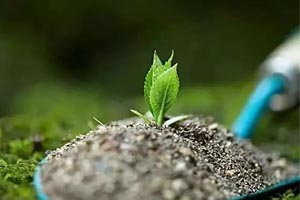 3. Soil microorganisms also have nitrogen fixation
3. Soil microorganisms also have nitrogen fixation
Nitrogen makes up four-fifths of the air, but plants cannot use it directly. By means of nitrogen fixation, certain microorganisms can convert nitrogen in the air into fixed nitrogen compounds that plants can use. With such soil microorganisms, the soil has its own nitrogen fertilizer workshop.
Soil microorganisms living around plant roots can also regulate plant growth. Symbiotic microorganisms such as rhizobia, mycorrhiza and fungi can directly provide nitrogen, phosphorus and other mineral elements as well as various organic nutrients such as organic acids, amino acids, vitamins and auxin to promote plant growth. Soil microorganisms are closely related to plant root nutrition.
4. Some microbes are mutually beneficial and some are hostile
There are some antibiotic microorganisms in the soil, they can secrete antibiotics, inhibit the propagation of pathogenic microorganisms, so that we can control and reduce the harm of pathogenic microorganisms in the soil to crops. So, soil microbes actually have a negative side, like pathogenic microbes.
5. Soil microorganisms can also explain the residual harmful substances in the soil
Microorganisms can also degrade residual organic pesticides in soil, municipal filth and factory waste. Microbes break them down into low - or even harmless substances, reducing residual damage. Of course, all these functions are performed by different groups of microbes, and each function requires a large number of microbes to work together.
6. The future of soil microbes is incalculable
Soil microbes are so capable, you might think that if only we could get them to do what we want them to do. Well, yes, scientists think so, too. At present, there are a large number of examples of microbial applications in medical and health undertakings, industrial and agricultural production. Take soil microbes for example. By developing and screening effective strains and breeding efficient strains, we can repair contaminated soil, produce microbial fertilizer, biopesticides and so on.
In order to fully develop microbial resources (especially bacteria), the Microbial Genome Research Project (MGP) was launched in 1994 in the United States. The development and utilization of important functional genes of microorganisms through the research of complete genomic information can not only deepen the understanding of pathogenic mechanism, important metabolic and regulatory mechanism of microorganisms, but also develop a series of genetic engineering products closely related to our life, including: Vaccines for inoculation, new drugs for treatment, diagnostic reagents and various enzyme preparations used in industrial and agricultural production.
Through the transformation of genetic engineering methods, the construction of new strains and the transformation of traditional strains will be promoted, and the coming of the microbial industrial era will be promoted comprehensively. By then, soil will no longer be a black box, but a visible, tangible system that will solve many of the problems that soil microbiologists have faced for many years. Soil managers can regulate the number and types of soil microorganisms and formulate agricultural production measures through various measures according to the actual situation. Farming systems can also be formulated according to the objective conditions of soil microorganisms. The improvement of fertilization, cultivation system, artificial introduction of beneficial soil microorganisms and other measures to restore the original microbial community or increase some functions, so as to suppress crop soil-borne bacteria, improve soil microbial diversity, contribute to the improvement of soil ecological fertility, fundamentally prevent crop soil-borne diseases, continuous cropping obstacles. Humans will be able to do what they want with microbes.
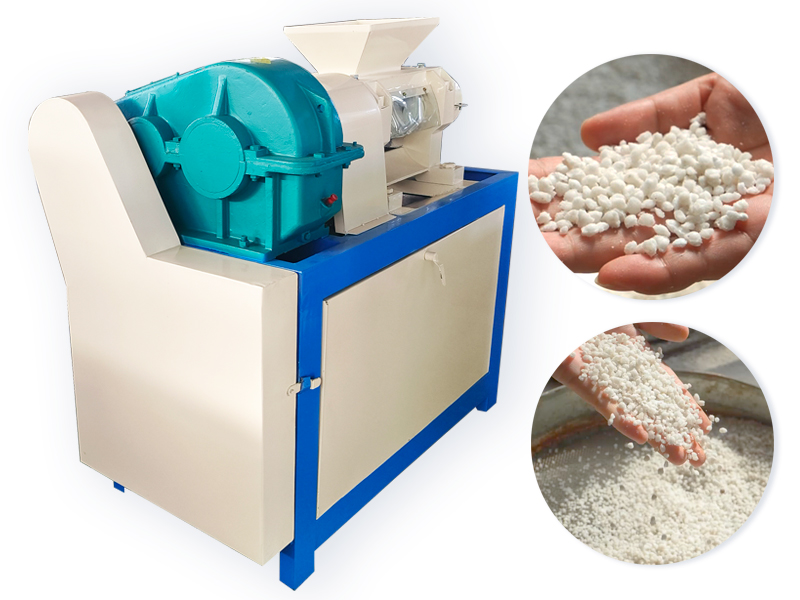
see details +
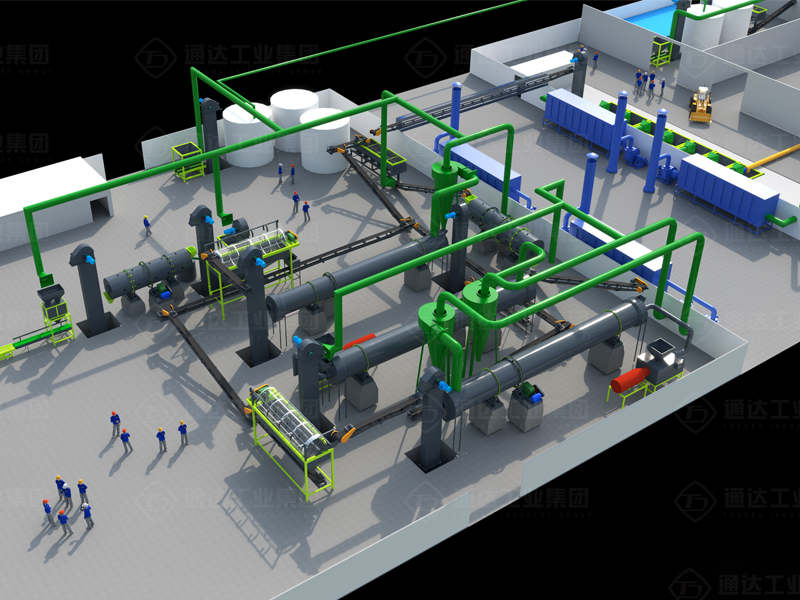
see details +
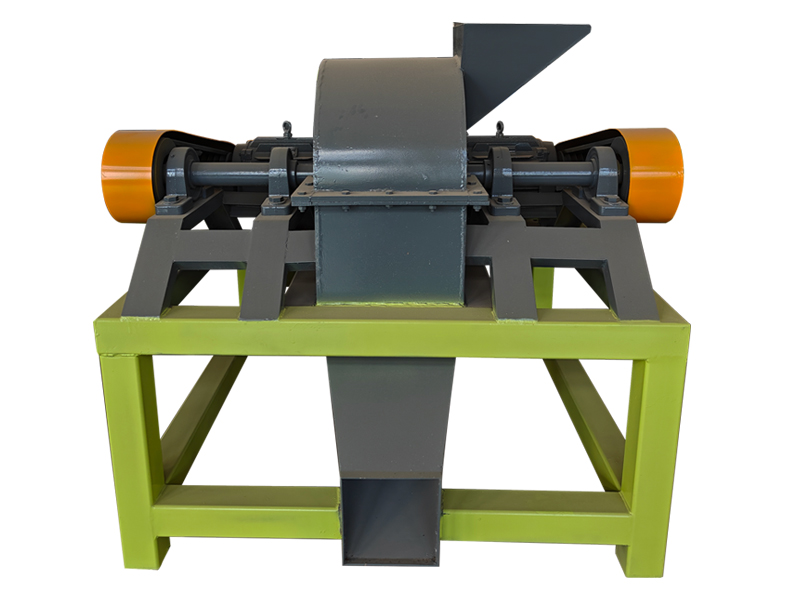
see details +
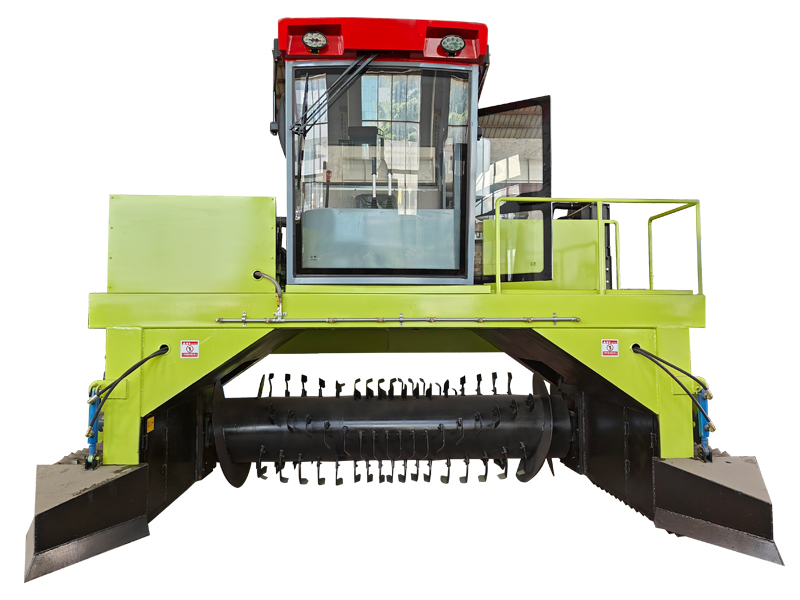
see details +

Fermentation Compost Equipment >
 Tel:+86 18538527111
Tel:+86 18538527111
 E-mail:[email protected]
E-mail:[email protected]
 Address:Longgang Development Zone Of Xingyang City, Zhengzhou City, Henan Province, China.
Address:Longgang Development Zone Of Xingyang City, Zhengzhou City, Henan Province, China.
Privacy Policy Copyright © Henan Tongda Heavy Industry Science And Technology Co., Ltd.